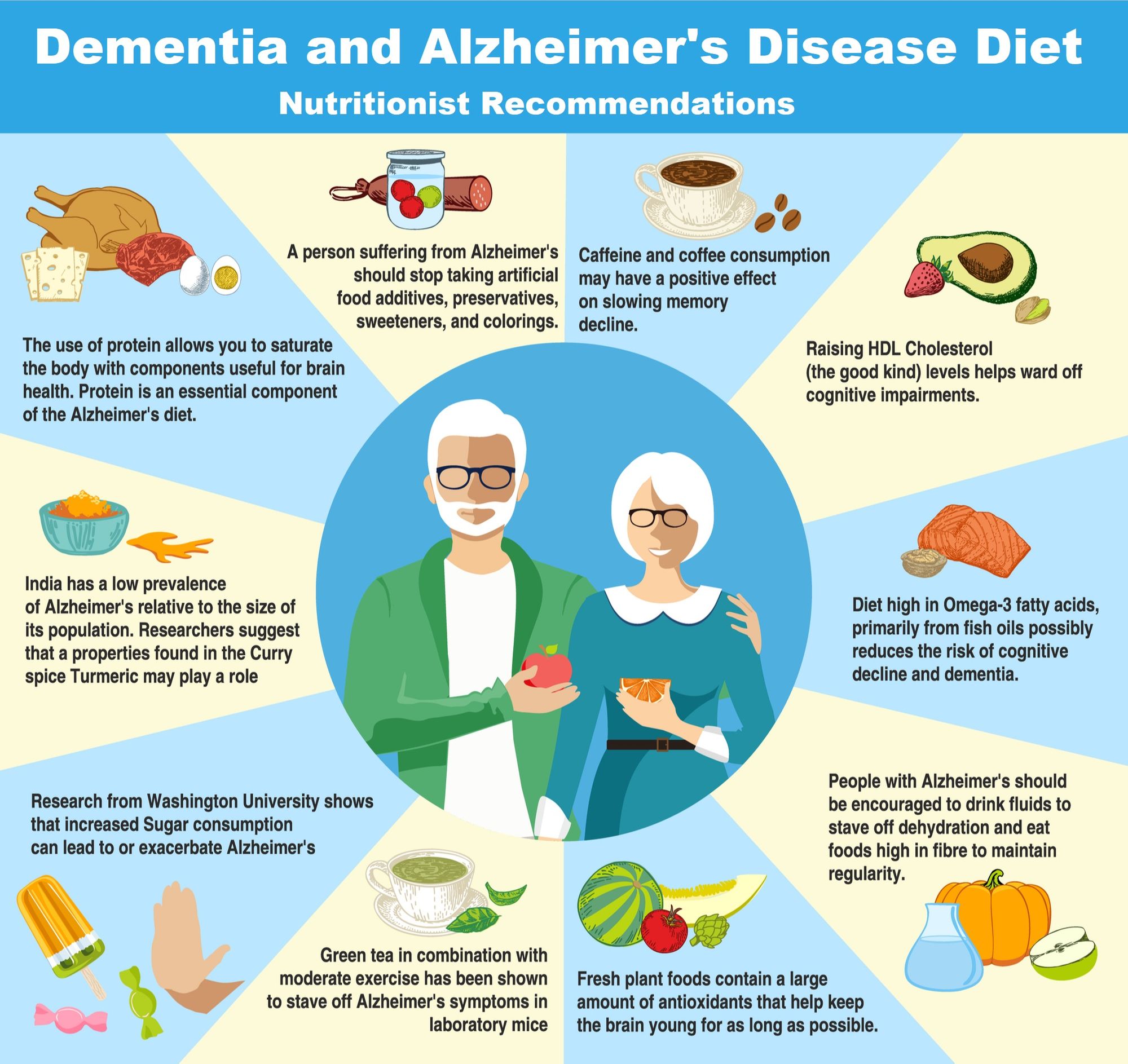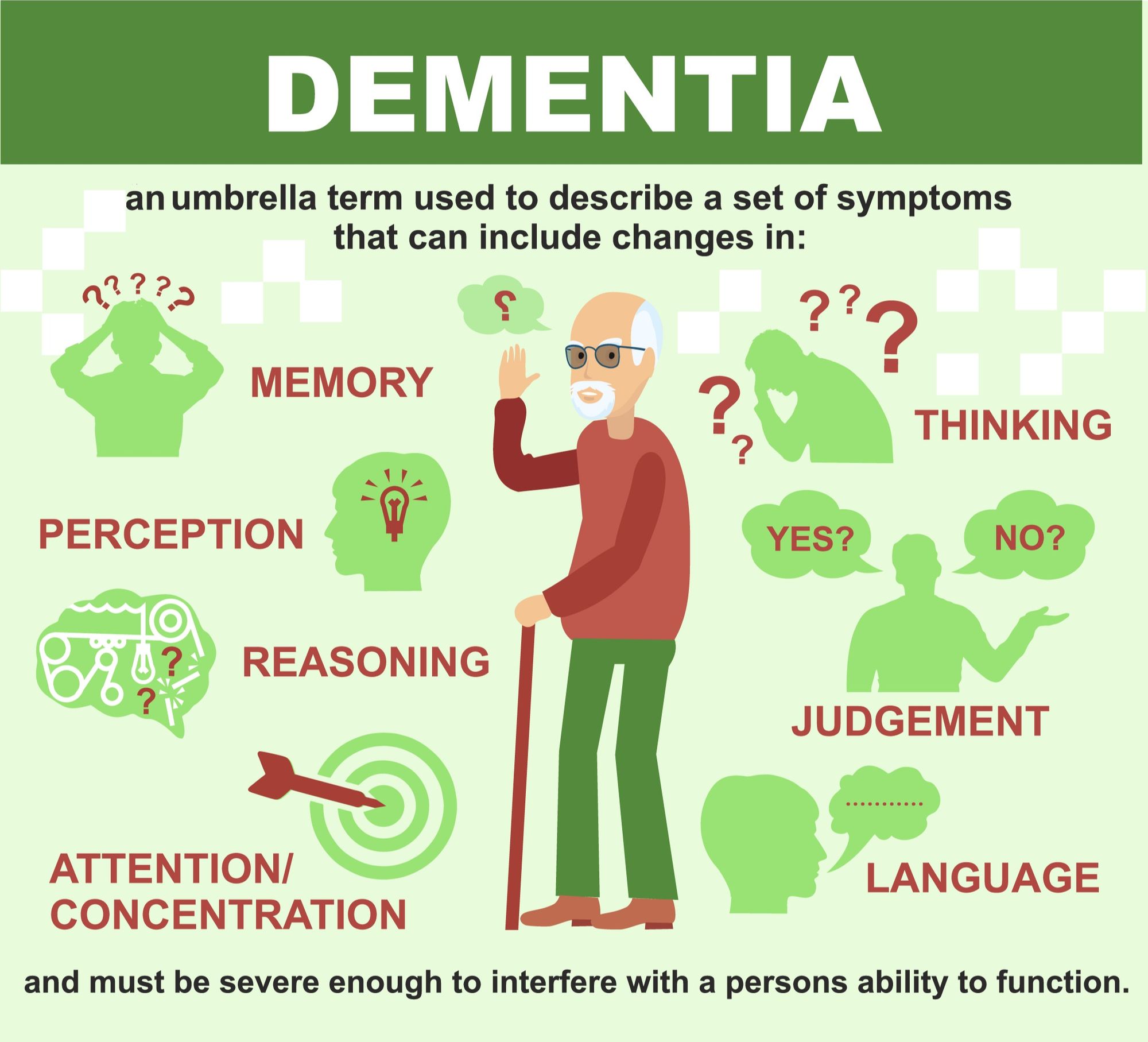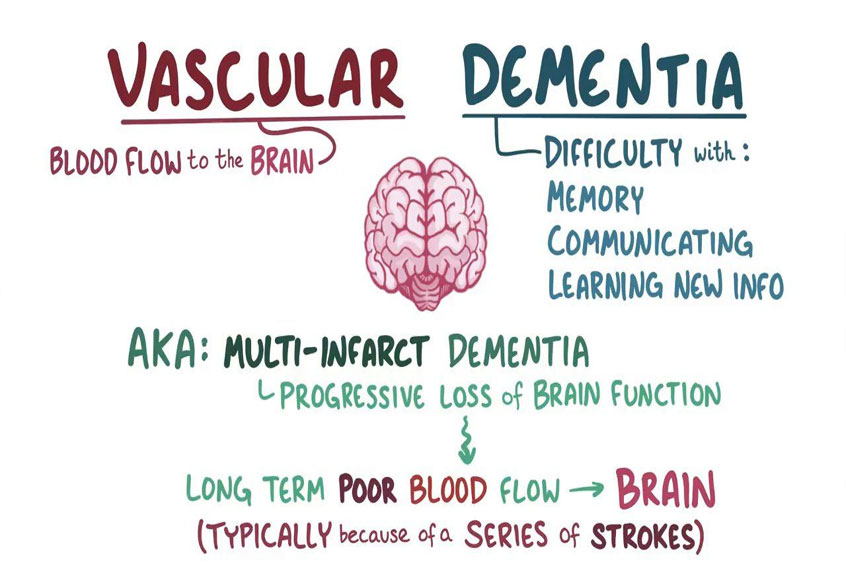Do Strokes Always Lead To Dementia

Strokes are common among people with atrial fibrillation high blood pressure and smokers.
Do strokes always lead to dementia. This can be due to blood vessels being clogged a stroke or a series of small strokes. Because a stroke impairs blood flow to the brain it can lead to vascular dementia although not all strokes have this outcome. Rates from 9 studies show that.
Vascular dementia VD the second most commonly experienced dementia is a step-wise decline in function as a result of several strokes. Vascular dementia is most common in older people who are more likely than younger people to have vascular. Nedergaard says currently theres no treatment available to reverse brain damage caused by a stroke or to lower a patients chances for having recurring episodes or developing dementia.
This type of dementia usually affects people aged 60 to 75 and is more common in men than women. Cognitive decline related to stroke is usually called vascular dementia or vascular cognitive impairment to distinguish it from other types of dementia. It most often occurs after an ischemic stroke which happens when an artery is blocked by a blood clot.
If these symptoms are severe enough to interfere with everyday activities they are called dementia. Over time areas of brain cells stop working leading to symptoms of dementia. Its caused by brain damage from impaired blood flow and other conditions that damage blood vessels and reduce circulation.
Which means that over time its possible for enough damage to accumulate in the brain to equal the impact of a much larger stroke without the person even realizing whats going on. The short answer is no the changes increase our risk for dementia considerable but they do not. Its truehaving a stroke can lead to the development of vascular dementia a type of dementia associated with obstructed blood flow to the brain.
In the same 2012 study it was determined that stroke is a risk factor for dementia and dementia is a risk factor for stroke. Brain vascular changes such as small vessel disease are quite common during ageing and they have been shown to increase our risk for dementia in particular Vascular Dementia. Vascular dementia happens when the blood supply to parts of your brain becomes reduced.

An interruption in blood flow to the brain and large strokes that can affect sensation strength as well as other parts of the nervous system can.
Do strokes always lead to dementia. This is why preventative medicine is crucial. They cause vascular dementia. Vascular dementia is most common in older people who are more likely than younger people to have vascular.
Vascular dementia happens when the blood supply to parts of your brain becomes reduced. Vascular dementia VD the second most commonly experienced dementia is a step-wise decline in function as a result of several strokes. And while the causes of Alzheimers are not well.
Over time areas of brain cells stop working leading to symptoms of dementia. If these symptoms are severe enough to interfere with everyday activities they are called dementia. The short answer is no the changes increase our risk for dementia considerable but they do not.
This type of dementia usually affects people aged 60 to 75 and is more common in men than women. Nedergaard says currently theres no treatment available to reverse brain damage caused by a stroke or to lower a patients chances for having recurring episodes or developing dementia. Vascular dementia is the second most common form of dementia and is caused by reduced blood flow to the brain usually from a stroke or a series of strokes.
This can be due to blood vessels being clogged a stroke or a series of small strokes. It wont affect everyone but there is a definite relationship between strokes of specific impact and location and dementia. Strokes often cause temporary or long-lasting damage to the tissues in the brain and the amount of recovery to these tissues may vary.
Because a stroke impairs blood flow to the brain it can lead to vascular dementia although not all strokes have this outcome. But do such brain vascular changes always lead to dementia. In the same 2012 study it was determined that stroke is a risk factor for dementia and dementia is a risk factor for stroke.

Brain vascular changes such as small vessel disease are quite common during ageing and they have been shown to increase our risk for dementia in particular Vascular Dementia.
Do strokes always lead to dementia. It most often occurs after an ischemic stroke which happens when an artery is blocked by a blood clot. And while the causes of Alzheimers are not well. If these symptoms are severe enough to interfere with everyday activities they are called dementia.
But do such brain vascular changes always lead to dementia. Cognitive decline related to stroke is usually called vascular dementia or vascular cognitive impairment to distinguish it from other types of dementia. Vascular dementia VD the second most commonly experienced dementia is a step-wise decline in function as a result of several strokes.
Vascular dementia is most common in older people who are more likely than younger people to have vascular. A persons risk of post-stroke dementia increases with the number of strokes they experience. They cause vascular dementia.
Vascular dementia affects different people in. Which means that over time its possible for enough damage to accumulate in the brain to equal the impact of a much larger stroke without the person even realizing whats going on. Strokes often cause temporary or long-lasting damage to the tissues in the brain and the amount of recovery to these tissues may vary.
Rates from 9 studies show that. Its caused by brain damage from impaired blood flow and other conditions that damage blood vessels and reduce circulation. This can be due to blood vessels being clogged a stroke or a series of small strokes.
Because a stroke impairs blood flow to the brain it can lead to vascular dementia although not all strokes have this outcome. Its truehaving a stroke can lead to the development of vascular dementia a type of dementia associated with obstructed blood flow to the brain. Vascular dementia happens when the blood supply to parts of your brain becomes reduced.








